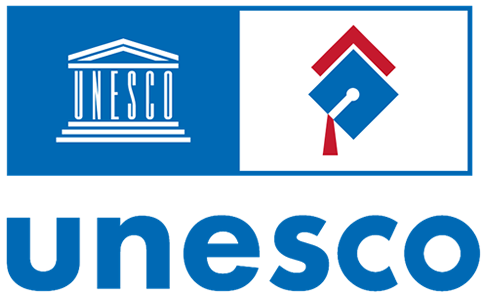Remote teaching and continuous in-service training in graduate programs
Abstract
The COVID-19 pandemic has changed the way we thought and acted in the field of teaching at all levels. Since 2018, we have followed up continuous in-service training for graduate teachers in action. This training aims to enable teachers to design hybrid and multimodal courses that take into account the presence of digital technologies. In this article, we follow the trajectory of Marina, an engineer who is part of this training group. Our objective is to discuss the learning that the participant reveals to have built since the beginning of her participation in the training and to reflect on the need for the design of continuous training courses that propose possibilities of appropriation of digital technologies also addressed to teachers. The isolation to which we were subjected due to the pandemic reveals the need for the existence and creation of spaces for learning and collaboration in the teacher's workplace, like the communities of practice, that allow the exchange of learning between peers from the experience and appropriation of digital technologies in and for the workplace. It is in these spaces that they resignify themselves and develop abilities.
Copyright (c) 2021 Fabricio de Andrade, Dorotea Frank Kersch

This work is licensed under a Creative Commons Attribution-NonCommercial 4.0 International License.
Copyright notice
Copyright allows the protection of original material, and curbs the use of others' work without permission. UNESCO IESALC adheres to Creative Commons licenses in the open access publication of ESS. Specifically, texts published in this journal are subject to a Creative Commons Attribution-NonCommercial 4.0 International (CC BY-NC 4.0) license: ESS is an open access journal, which means that all content is freely available to the user or their institution. Users may read, download, copy, distribute, print, search or link to the full text of the articles, or use them for any other lawful purpose, without asking prior permission from the publisher or the author, always making sure to cite the author. Commercial use is not permitted. ESS requires authors to accept the Copyright Notice as part of the submission process. Authors retain all rights.
The full license can be found at https://creativecommons.org/licenses/by-nc/4.0/
 Attribution - NonCommercial (CC BY-NC 4.0)
Attribution - NonCommercial (CC BY-NC 4.0)
This journal does not charge authors for the submission or processing of articles. The authors of the contributions will receive acknowledgment of receipt that the work has reached the Editorial Team of the Journal.




.png)
